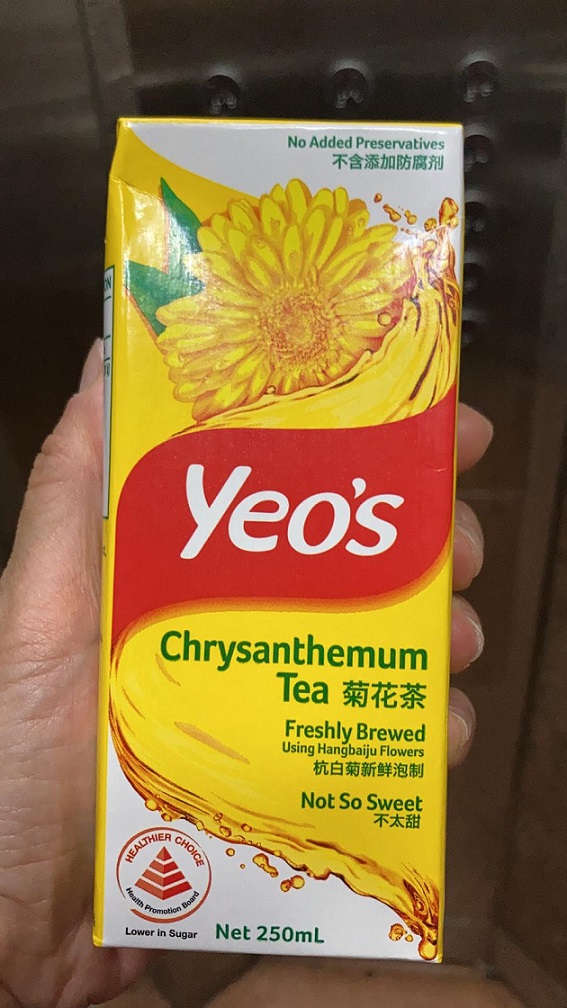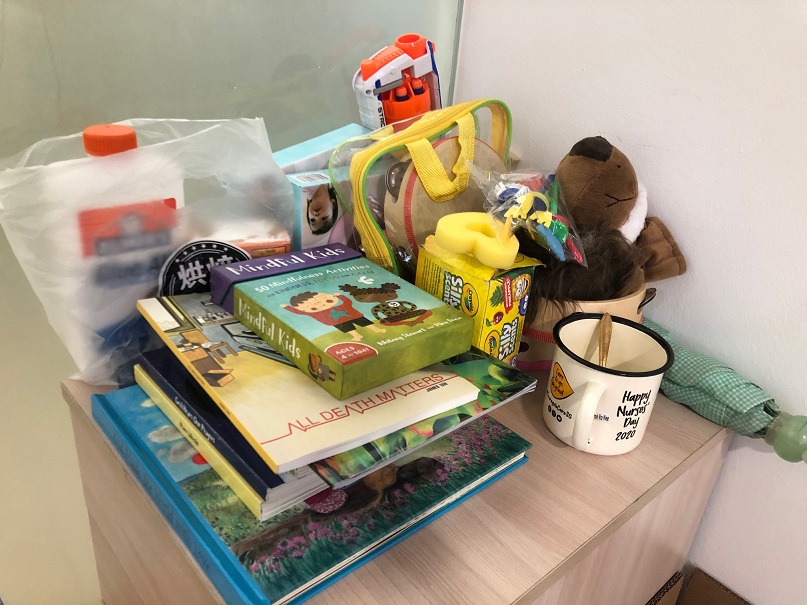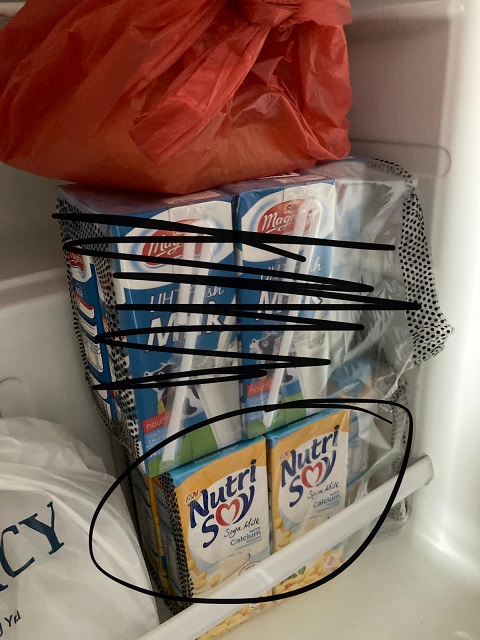
Close


Each day, HCA’s psychosocial team braves the elements – oscillating between scorching hot weather and torrential downpours at times – to visit patients in their homes. No two days are the same because each patient, family and home environment is unique and every interaction brings about little highlights, reflections and gems for the team.
A social worker’s foray into a patient’s home – their personal sanctuary – is akin to getting an intimate glimpse into their innermost thoughts and emotional state. Below is a compilation of heartwarming anecdotes and reflections from the psychosocial team, gleaned in the course of their social work journey.
Shared by HCA Senior Medical Social Worker, Yap Ching Sian
Many of our patients and their caregivers express their appreciation to us by offering us packet or canned drinks. For those of us who are conscious of our sugar intake, we would normally assure patients that we would bring the drinks back to the office to enjoy. Over time, we would inevitably accumulate cartons of drinks in our office fridge.
The estate surrounding the Jurong satellite centre has been undergoing some construction and retrofitting work in the past few weeks. I often see the migrant workers slogging away under the hot sun and I was overcome with the same appreciation that our patients and caregivers have shown to us.

A packet of chrysanthemum tea from Jurong satellite centre’s extensive collection of drinks
One day, I decided to give away all the chilled packet drinks in the fridge to the migrant workers and I was instantly rewarded with the most genuine, brightest, warmest and purest smiles! It was a moment where language and words were not necessary – I just gestured to them and they simply smiled back at me. It was a precious shared moment that was part of a cycle of giving, receiving, gifting and paying it forward. It confirmed and reaffirmed our shared humanity in this wonderful world. Because of this experience, I will forever see Yeo’s chrysanthemum tea in a different light; it has now become a symbol of universal love!
Shared by HCA Senior Medical Social Worker (Star PALS), Desmond Tan
Some of our patients have a short prognosis. In the face of death, each person responds differently – some accept the reality wholeheartedly, while others may choose not to talk about it. I have a 15-year-old patient who shuts down whenever people try to talk to him about his condition. There was once he pretended to doze off when another service provider visited him to discuss end-of-life matters with him.
These days, whenever we visit him, we try to make him laugh by cracking jokes and making fun of each other. It lightens the mood and makes him smile. These moments are transient and short-lived, but for a while, he is just a happy teenager – and that is what matters.

A corner in the Star PALS office, filled with an arsenal of toys and books.
I have another eight-year-old patient whose parents requested for physiotherapy sessions for him to maintain his physical functions. However, the exertion involved makes him grumpy. On one of our visits with the physiotherapist, Nurse Serene brought a nerf gun along for him. He had a lot of fun pretending to shoot the physiotherapist and it really cracked him up.
I think part of our job is to bring smiles to people. It is something I strive to do every session – it’s my “KPI”, almost!
Shared by HCA Social Work Associate, Adeline Tan
As part of the recent Easter Cheer Project, we prepared and distributed grocery packs to our patients. These packs vary according to our patients’ needs and preferences.
One of the lists comprised common items such as soy milk, bread, rice and Milo powder. Most people might go ahead to purchase these items without a second thought, but our Volunteer Management colleagues (who were coordinating the distribution) took the effort and initiative to find out specific details about the items the patient wanted.

A photo sent in a text exchange between our Volunteer Management team and medical social worker in charge, specifying the type of soy milk the patient preferred.
It turned out that the patient was diabetic and preferred reduced-sugar/sugar-free versions of these items. On the day of the distribution, our volunteer in charge of dropping off these items discovered that the bread in the pack was not the low-GI type the patient had requested for. After a phone call to clarify with the medical social worker in charge, he returned to the store immediately for an exchange.
I was moved by the attention to details and effort in ensuring that our patients’ needs and wishes are fulfilled.